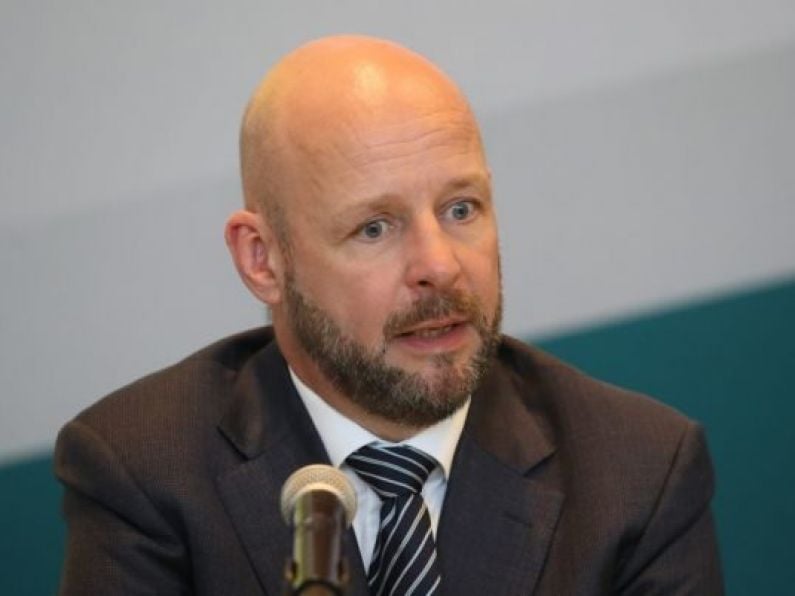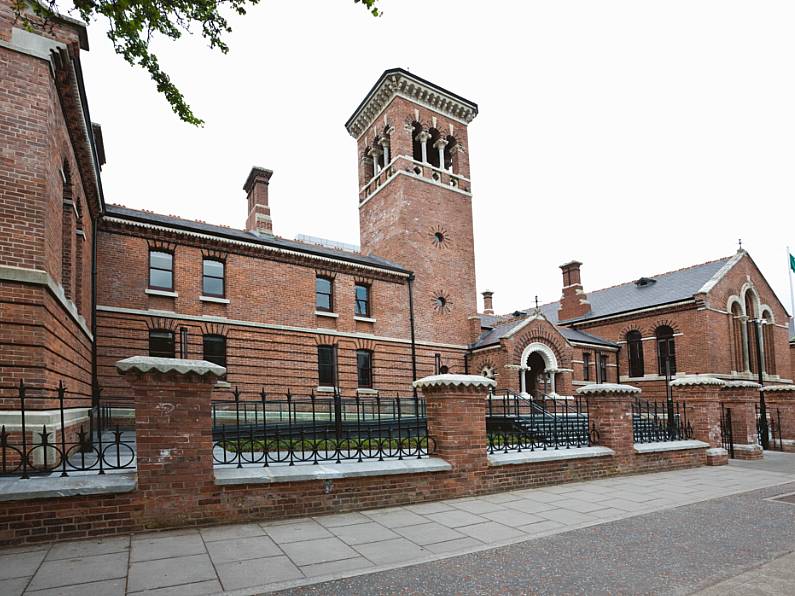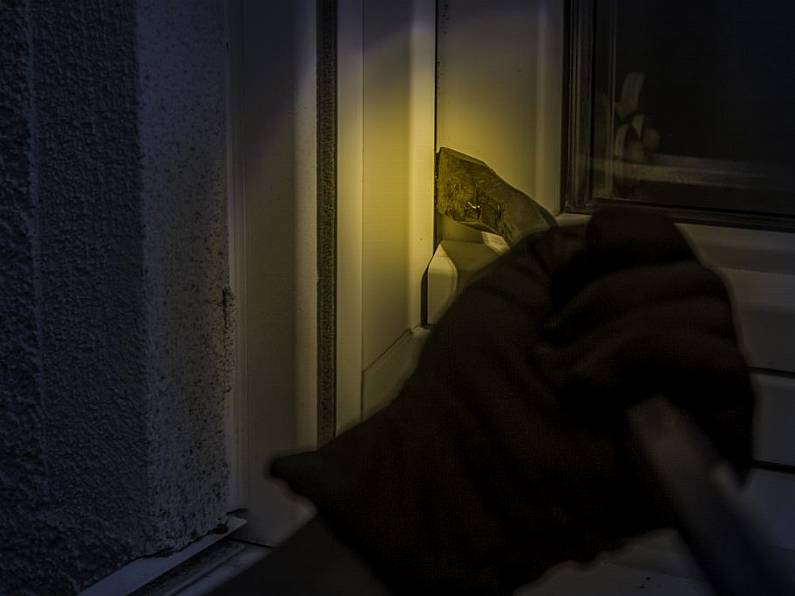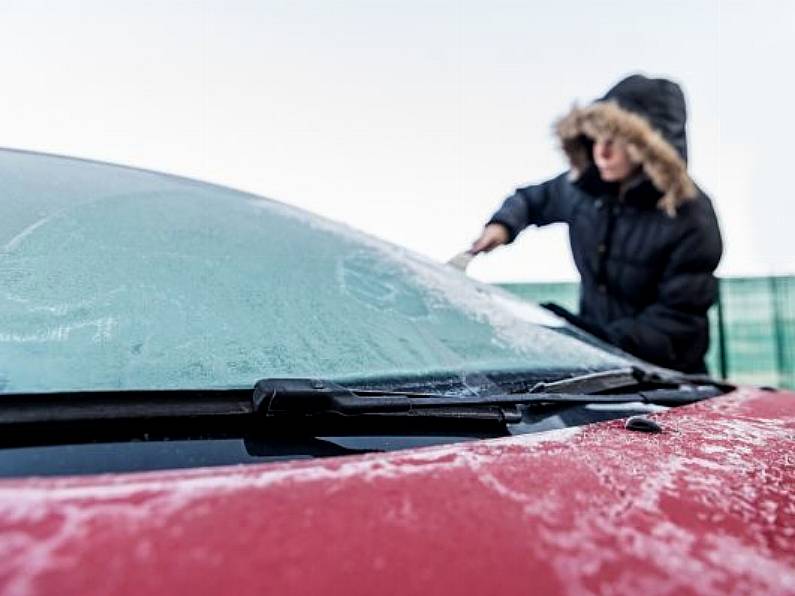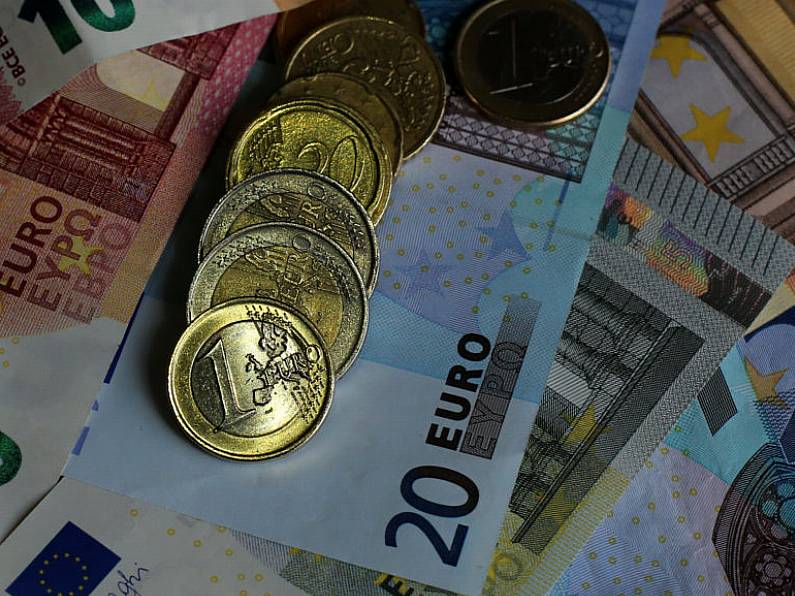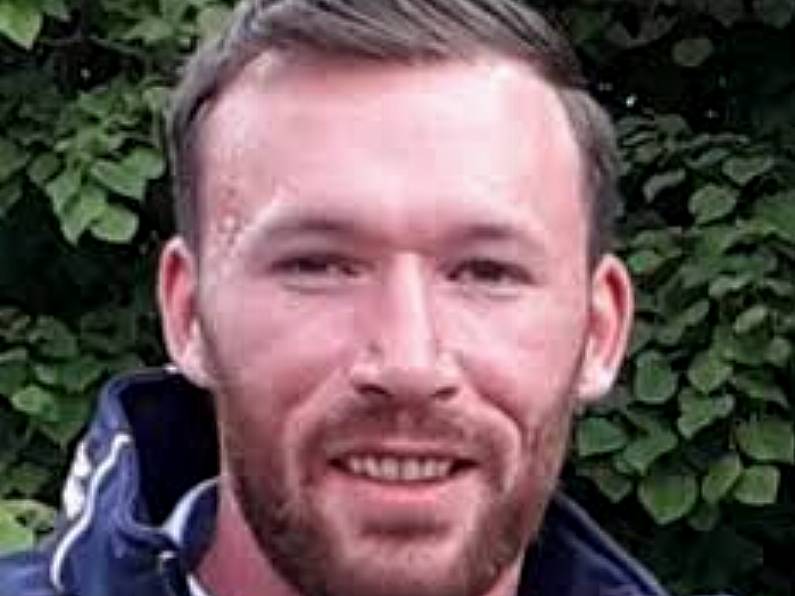Digital Desk Staff
A senior figure on the National Public Health Emergency Team (Nphet) has said progress in suppressing the Covid-19 virus is slowing but is still being made.
As The Irish Times reports, Professor Philip Nolan, chairman of Nphet’s epidemiological modelling advisory group suggested, on the basis of the current trajectory, that it could be some stage in April before new coronavirus case numbers fell below 100 per day.
He forecast that the forthcoming summer would be “an outdoor summer” with people taking domestic holidays, recreation at home and socialising in the open air as much as possible.
However, he stressed “the reality that some level of mixing between households is going to be required for all of us to stay sane as we enter the summer”.
Speaking on Sunday, he said Nphet had advised the slow and cautious return to in-class education as this was such a priority for society.
However, he indicated that after that a very careful, step-by-step, approach would be needed in relation to opening up other elements of society and the economy.
Careful examination
Prof Nolan told RTÉ Radio One’s This Week programme that the new B117 variant was effectively a new virus.
Careful examination would have to be made on the impact of each step taken in re-opening society and the economy before another was undertaken.
He said the country at present had a seven-day average of about 800 Covid-19 cases per day, down from 930 the previous week and 1,050 a fortnight ago.
He said the slowdown in the suppression of the virus was due mainly to the dominance of the more transmissible B117 variant.
Unfortunately the country was still at very high risk due to the additional transmissibility of the new B117 variant.
“We are in a position we can advise the phased cautious return to in-class education because that is such a priority for our society.
“From there on in, we are going to have to work through other priorities and what are the low-risk, high-return things we can do over the coming months in terms of the education of children.
“There is also the return of non-Covid healthcare, how can we for the benefits of people’s mental health can we facilitate some level of safe but increased social contact and beyond that period of time.."
